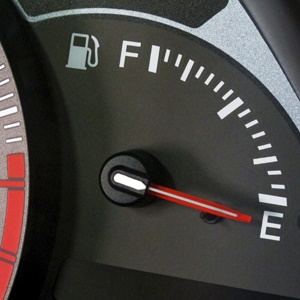Experts at global audit, accounting and consulting group Mazars have said while a proposed cap on SA's fuel price may be intended to alleviate pressure on consumers, they do not believe it is a measure government can easily or viably implement.
At a panel discussion ahead of Finance Minister Tito Mboweni's first Budget speech on February 20, Senior Tax Partner at Mazars Bernard Sacks said a SA fuel price cap was not feasible at the moment.
"Fuel is an important product and it must be allowed to fluctuate," said Sacks. "I know many would prefer a cap on the fuel price, but I don’t believe that it is a feasible option in the short term.
"Unfortunately, big increases are not going to be good for us, but we may very well see it."
Minister of Energy Jeff Redebe said in late October that his department was researching the possibility of a fuel price cap and that this research would be concluded in January 2019. This was the same month that prices at the pumps reached all-time highs.
The Department of Energy did not respond to questions from Fin24 regarding a cap on the fuel price.
RAF troubles
Mazars National Head of Taxation Mike Teuchert said National Treasury should figure out the Road Accident Fund's underwriting policy to understand the root of the entity’s ongoing financial troubles.
"National Treasury could do well to understand the underwriting policy of the Road Accident Fund and understand what is driving the deficit there.
"It’s very important to get a grip on that, and it is something I believe that Treasury should investigate," said Teuchert.
South African motorists experienced several fuel price increases in 2018 as the rand slipped against the dollar and global oil prices rose. Oil price decreases towards the end of the year gave consumers some relief.
Calls for a cap on the fuel price would appear to conflict with the Road Accident Fund’s need for an increased fuel levy. The levy went up in February in 2018 from 163c/l to 193c/l. But National Treasury warned that the 30c increase would not be enough to protect RAF from liabilities.
Mboweni will announce whether there will be changes to the fuel levy in his maiden Budget speech in Cape Town later in the month.



